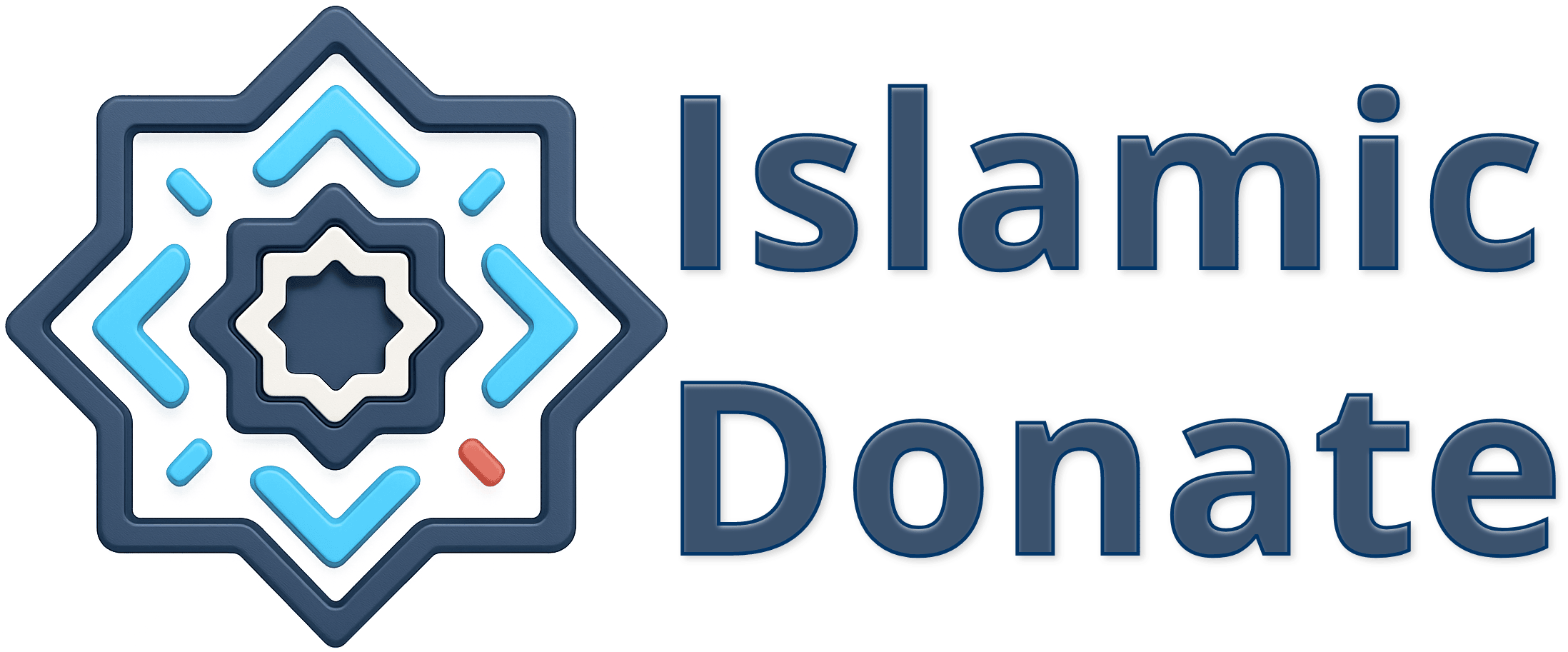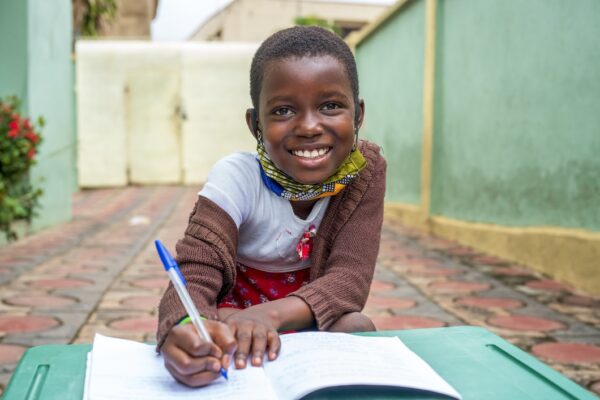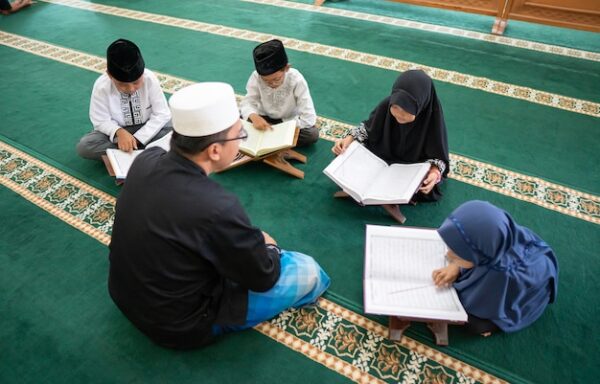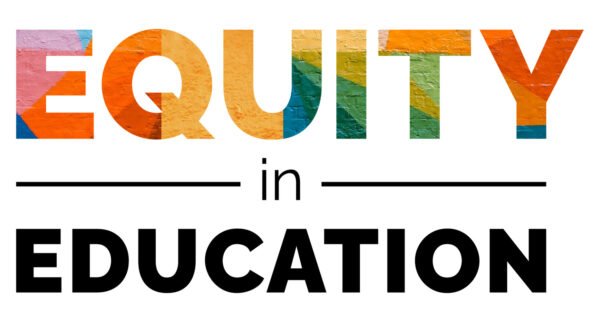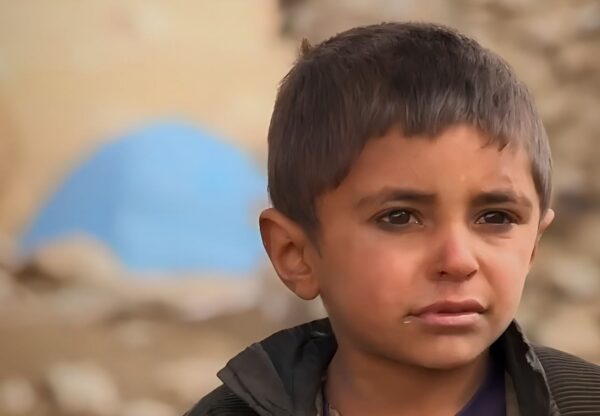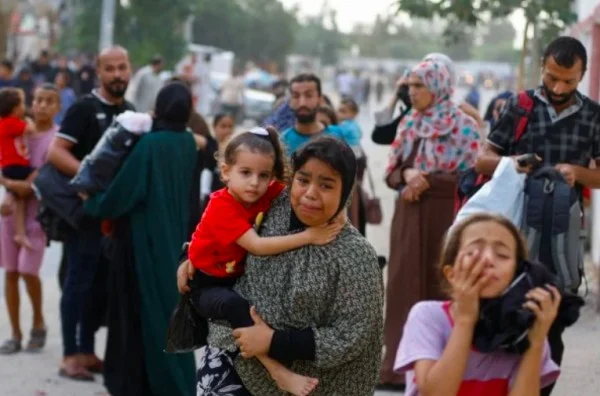Alhamdulillah, we are very pleased to announce that our general literacy and numeracy training course has been successfully completed. We would like to thank all the participants who joined us and showed their enthusiasm and dedication to learn and improve their skills. We would also like to thank our teachers who delivered the course with professionalism and passion. We are proud of what we have achieved together and we hope that this course has been beneficial and enjoyable for everyone.
Why is literacy and numeracy important?
Literacy and numeracy are the abilities to read, write, and use numbers effectively. They are the foundation of learning and communication in all aspects of life.
According to the United Nations Educational, Scientific and Cultural Organization (UNESCO), there are about 773 million adults in the world who lack basic literacy skills, and about 617 million children who are not achieving minimum proficiency levels in reading and mathematics. Many of them live in poor and backward countries, where they face multiple challenges such as poverty, conflict, discrimination, and lack of resources. These challenges prevent them from accessing quality education and learning opportunities that can improve their lives.
As Muslims, we have a duty to seek knowledge and share it with others. The Prophet Muhammad (peace be upon him) said: “Seeking knowledge is an obligation upon every Muslim.” He also said: “The best among you are those who learn the Quran and teach it.” Therefore, we should strive to acquire literacy and numeracy skills ourselves, and help others who are in need of them. By doing so, we can fulfill our Islamic obligations, follow the example of the Prophet (peace be upon him), and contribute to the development of our community.
The course was attended by 50 participants from different backgrounds and ages. They learned the basic skills of literacy and numeracy that are relevant and useful for everyday life. They also learned about Islamic topics such as Quranic verses, hadiths, stories of the prophets, Islamic manners, morals, values, history, culture, and current affairs. The course used interactive methods such as games, quizzes, puzzles, stories, songs, videos, discussions, projects, presentations, and field trips. The course also provided learning materials such as books, worksheets, flashcards, posters, and stationery.
The course was evaluated by using pre- and post-tests, feedback forms, and interviews. The results showed that the participants improved their literacy and numeracy skills significantly after the course. They also expressed their satisfaction and appreciation for the course. They reported that the course helped them to:
- Understand and follow the teachings of the Quran and the Sunnah better.
- Access information, knowledge, and opportunities that can enhance their personal, professional, and spiritual development.
- Participate in social, economic, and civic activities that can benefit themselves, their families, and their communities.
- Express themselves clearly and confidently, and communicate with others respectfully and peacefully.
- Solve problems creatively and critically, and make informed decisions based on evidence and logic.
- Manage their finances responsibly and ethically, and avoid debt and interest that are prohibited in Islam.
We are very happy to see the positive outcomes of this course and we congratulate all the participants for their achievements. We hope that they will continue to practice their skills and apply them in their lives. We also hope that they will share their knowledge and experience with others who may benefit from them.
We would like to invite all the participants to join us for a graduation ceremony that will be held next week at our Islamic charity institution. The ceremony will include a certificate distribution, a group photo session, a cake cutting ceremony, and a lunch buffet. The ceremony will be a celebration of our learning journey and a recognition of our efforts.
We look forward to seeing you all at the graduation ceremony. Please confirm your attendance by contacting us at emailing us at [email protected].
May Allah bless you and reward you for your efforts.
Wa alaykum as-salam,
Your Islamic charity team

